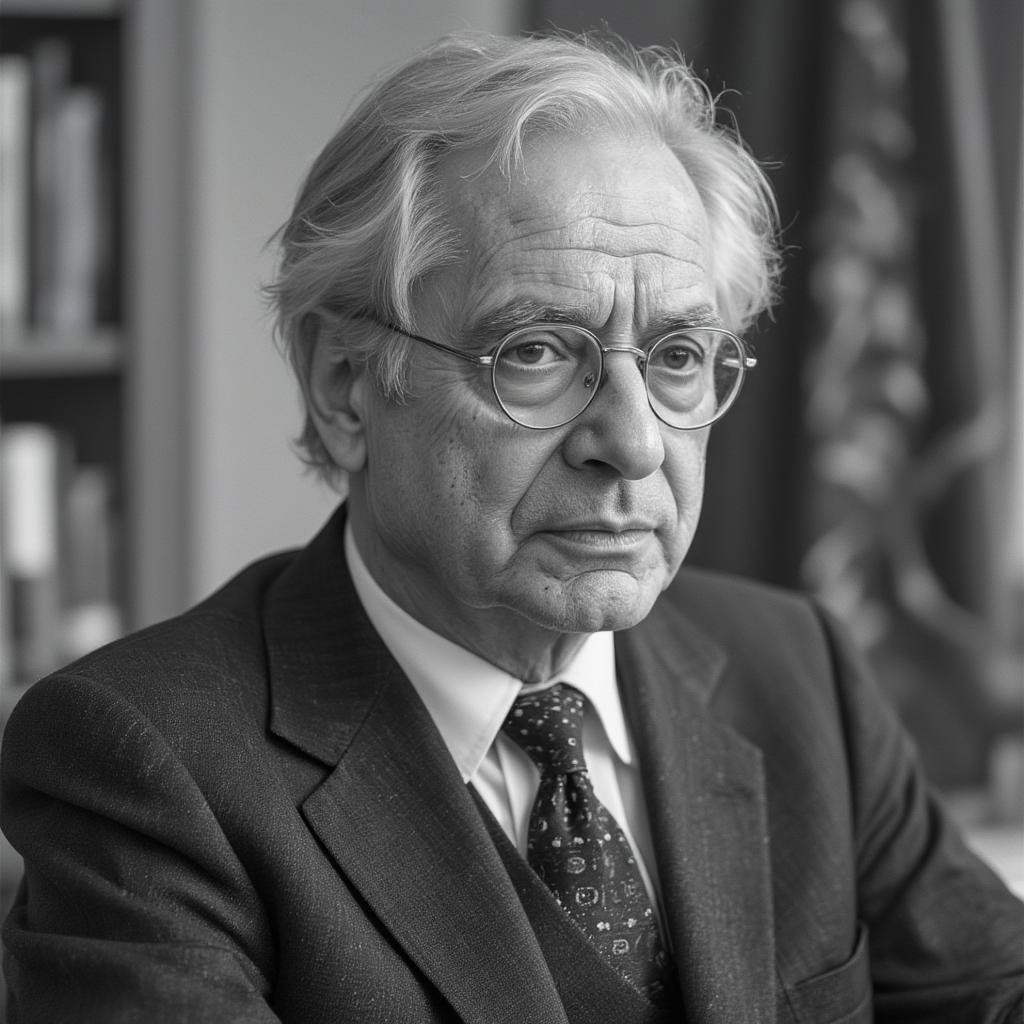Milton Friedman, a name synonymous with free-market economics, remains one of the most influential economists of the 20th century. His groundbreaking work on consumption analysis, monetary history, and the complexities of stabilization policy earned him the 1976 Nobel Memorial Prize in Economic Sciences. His ideas shaped economic policy worldwide, particularly in the United States during the latter half of the century, advocating for reduced government intervention and free market principles. Born in Brooklyn, New York, in 1912 to immigrant parents, Friedman’s intellectual journey laid the foundation for a transformative impact on global economic thought.
Friedman’s academic journey began at Rutgers University, where he excelled in mathematics and economics. He continued his studies at the University of Chicago, earning a master’s degree in 1933. His doctoral dissertation at Columbia University laid the groundwork for his later work on consumption analysis, challenging conventional Keynesian theories. During World War II, Friedman contributed to war-related research at Columbia and later joined the University of Chicago faculty, where he would spend a significant portion of his career.
At Chicago, Friedman became a key figure in the development of the Chicago school of economics, emphasizing free markets and limited government intervention. His seminal work, “A Monetary History of the United States, 1867–1960,” co-authored with Anna Schwartz, argued that government mismanagement of monetary policy was a primary cause of the Great Depression. This challenged the prevailing Keynesian view and placed renewed emphasis on the importance of monetary stability.
Friedman’s influence extended beyond academia, reaching policymakers and the public through his popular writings and media appearances. His book “Capitalism and Freedom” became a cornerstone of free-market advocacy, arguing for limited government intervention in areas like education, healthcare, and social security. He championed school choice and the privatization of many government functions, believing that market forces could deliver better outcomes than centralized planning.
 Milton Friedman: Portrait of a Financial Leader and Nobel Laureate
Milton Friedman: Portrait of a Financial Leader and Nobel Laureate
His clear and engaging writing style, coupled with his ability to explain complex economic concepts in accessible terms, made him a sought-after public intellectual. He hosted a popular PBS television series, “Free to Choose,” which further disseminated his ideas to a wider audience, emphasizing the power of individual choice and free markets. This series, along with his numerous public lectures and debates, significantly contributed to the resurgence of free-market thinking in the late 20th century.
Friedman’s unwavering belief in free markets and individual liberty earned him both admiration and criticism. Critics argued that his policies exacerbated inequality and overlooked the importance of government regulation in protecting consumers and the environment. However, his work undeniably sparked crucial debates about the role of government in the economy, influencing policy discussions and shaping the trajectory of economic thought for decades to come.
His legacy extends to the fields of monetary policy, consumption theory, and the advocacy of free markets. His work continues to be studied and debated, reminding us of the enduring power of ideas and the importance of critical engagement with economic principles. He questioned established economic orthodoxy and offered alternative solutions, forever changing the landscape of economic thought.
FAQ:
What made Milton Friedman a successful economist? His rigorous analysis, clear communication, and unwavering commitment to free-market principles.
What are the core principles of Friedman’s economic philosophy? Limited government intervention, free markets, individual liberty, and the importance of monetary stability.
How did Milton Friedman influence global economies? His ideas shaped economic policy in numerous countries, particularly during the late 20th century, promoting free-market reforms and deregulation.
Which leaders in finance were influenced by Friedman’s work? Many political and economic leaders adopted his free-market principles, including Margaret Thatcher and Ronald Reagan.
What strategies should aspiring economists learn from Milton Friedman? Rigorous analysis, clear communication, and the courage to challenge conventional wisdom.


